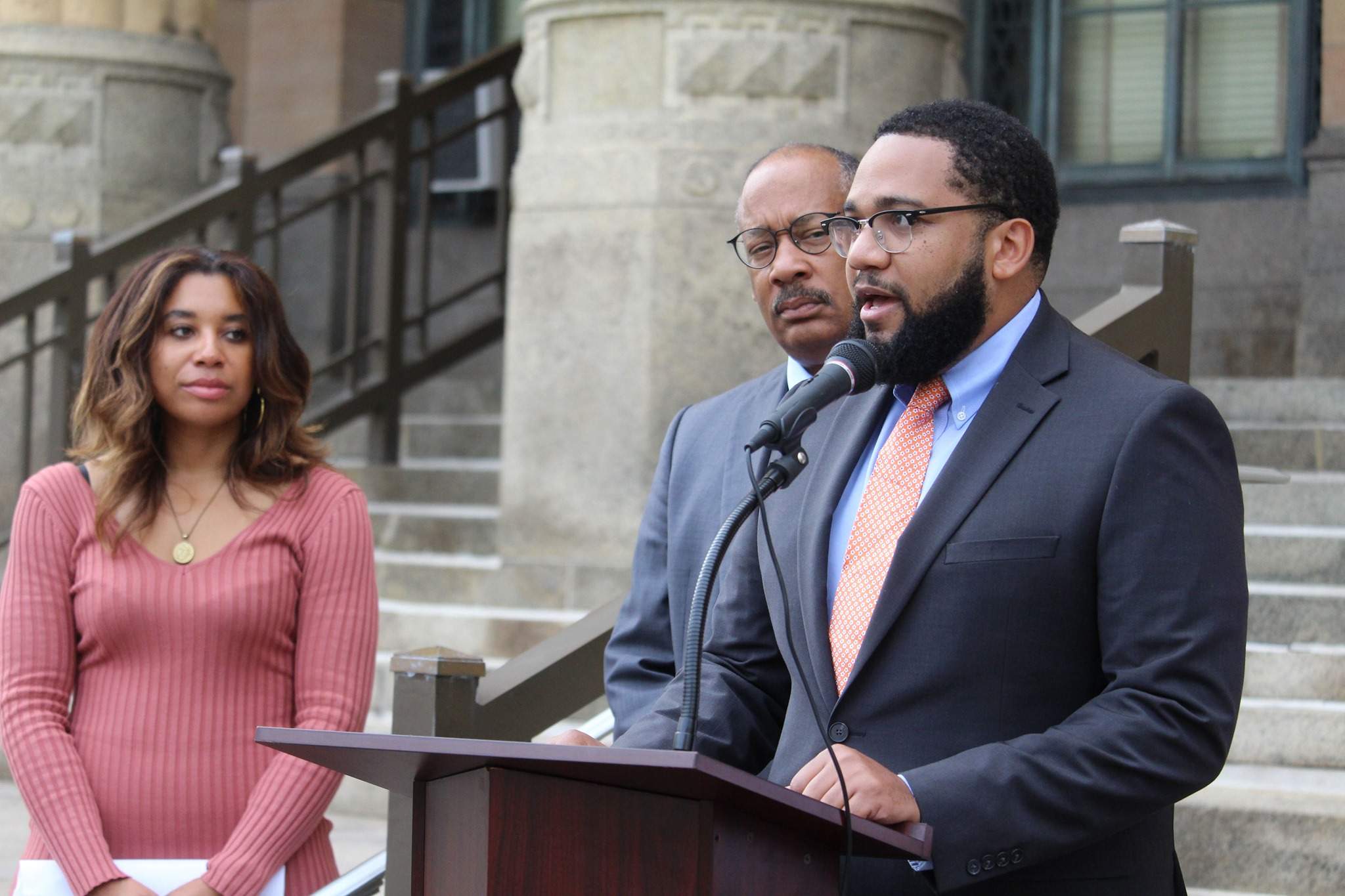News Take Action
Right To Know Law Takes Effect in Buffalo
| Date: | October 29, 2021 |
| Share: |
On September 17, 2021, the Buffalo City Charter was officially amended to include a new section (Article 13) known as the Right To Know law. This law gives every motorist in Buffalo the right to a paper document clearly stating the reason for being stopped by the police, and gives every person in Buffalo the right to know the name of the officer they are dealing with, and information on how to file a complaint against that officer.
Additionally, in most situations, this law gives people the right to have an officer advise them of their right to refuse consent to a search and, where consent is granted, the law places an obligation on those officers equipped with body cameras to record the consent to the search. Also, the law requires police to track and upload all non-private information on every stop and search into a publicly available database, and requires the Police Commissioner to report to the Common Council on compliance with these obligations quarterly.
Taken together, the law represents a step forward for police accountability and transparency, and will give Buffalonians a clearer picture of how, and why, they are being policed.
While the Right to Know Law was drafted by the Minority Bar Association of Western New York, its passage was the product of collaboration among a diverse group of individuals and organizations, including the Buffalo Branch of the NAACP, the Urban Think Tank, Most Valuable Parents, the Stop the Violence Coalition, and others.
The law was passed by the Common Council on July 20th, and was signed by Mayor Brown on September 2nd. As with the removal of off-duty police from Buffalo Public Schools, this is the second time this year that movement in the area of criminal justice reform was achieved in Buffalo by appealing to and working with a broad network of individuals and organizations representing directly impacted communities, and coming to the Common Council and the Mayor with one voice and a clear demand.
What’s In the Right to Know Law?
The Right to Know Law Requires that:
- All non-undercover Buffalo Police officers wear their nametags on their outermost garment while interacting with civilians.
- When a police officer pulls someone over, they must give them a documented reason for the stop, either in the form of a traffic ticket or a stop receipt- both must contain the officer’s information for purposes of filing a complaint.
- When a police officer stops a pedestrian, the officer must give them a card with the officer’s information and information on how to file a complaint.
- When an officer wishes to conduct a search of a person or a vehicle (except in the case of evidence of a crime in plain view, or where the search is conducted pursuant to a warrant or during a public protest), the officer must inform the civilian of their right to refuse a search, and must obtain documented affirmative consent for that search.
- Police must regularly upload non-private information regarding stops and searches into a publicly available database, and report to the Common Council on compliance.
This update was written by Miles Gresham, Policy Fellow at Partnership for the Public Good, who worked with the WNY Minority Bar Association to advance the Right to Know Law.
